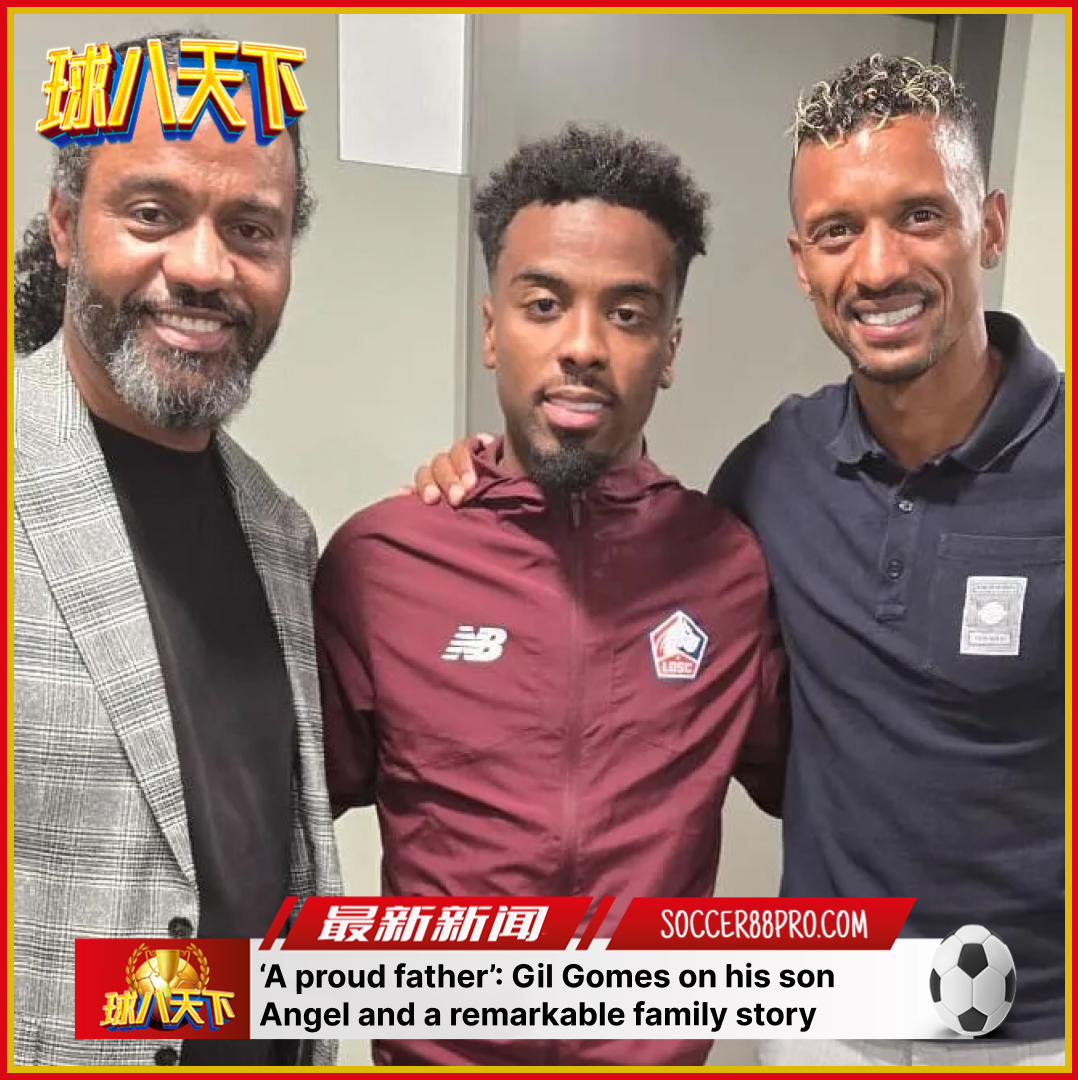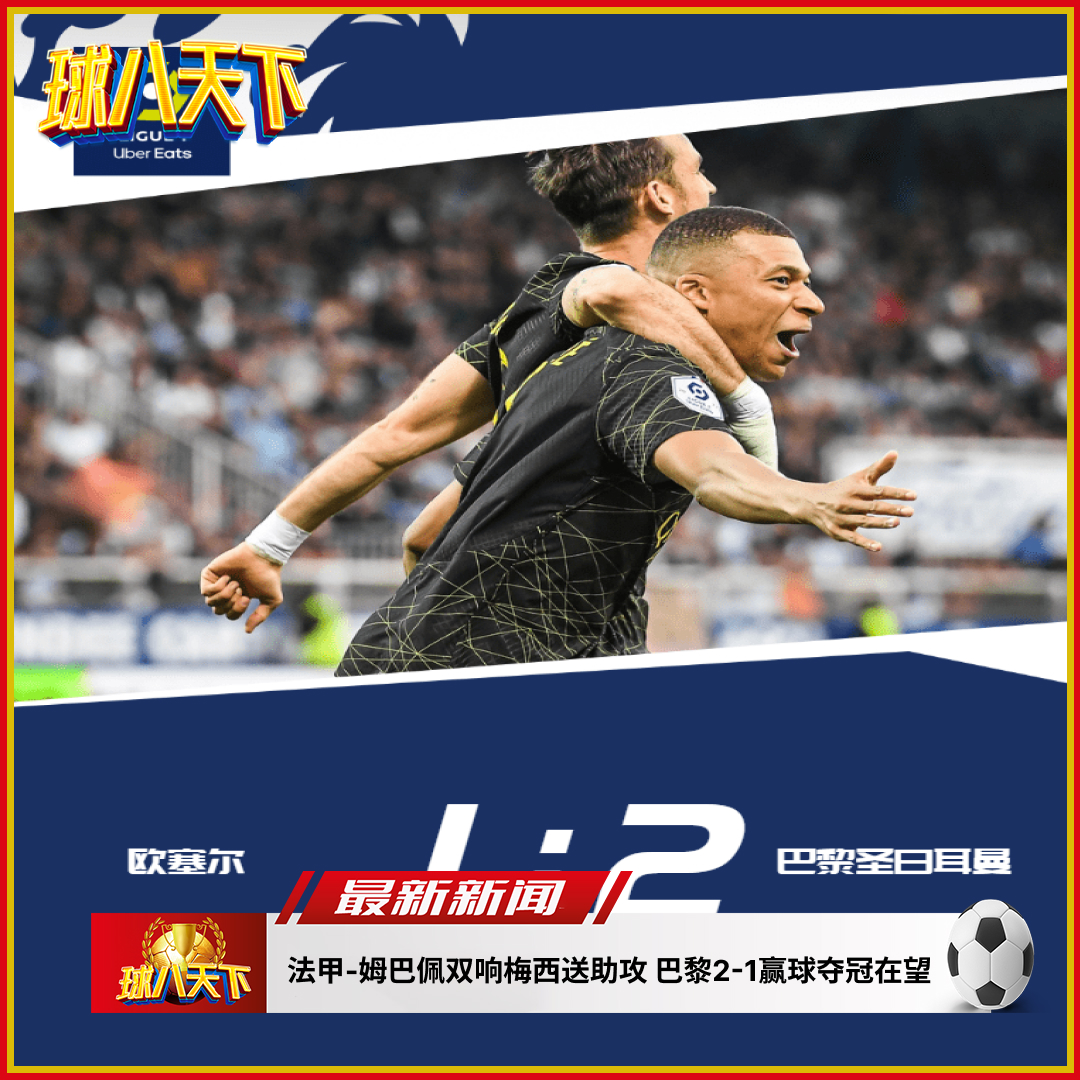‘A proud father’: Gil Gomes on his son Angel and a remarkable family story

Where do you begin with the extraordinary football heritage of Angel Gomes? Perhaps in Lille, where he is thriving in the Champions League, having left Manchester United in 2020. Alternatively you could go back to Lisbon, where his father, Gil, arrived as a 15-year-old to make his way in the world with Benfica, trained with Eusébio and won an Under-20 World Cup with Portugal.
Or, you could return to Luanda, Angola, where Gil was born and raised and learned the game playing barefoot on dirt pitches. However you tell the tale, the rich cast of characters that feature along the way, from Eusébio to Ron Atkinson, Sven-Göran Eriksson to Luís Figo, is astonishing.
On one level, the story of the player who may yet be England’s long-awaited controlling midfielder might be said to originate in Clarendon Park, Salford, the sports field hemmed in between the M602 and the A6, where he grew up kicking a ball amid the high rises.
Yet you could equally take in Jacksonville, Florida, where Gil first met Dennis Viollet, a survivor of the Munich air disaster, the family’s first Manchester United connection. But it’s probably best to return to the Prenda bairro in Luanda, a poor neighbourhood adjacent to the international airport where the jumbo jets swoop low over high-density housing and extraordinary football matches on dirt pitches are watched by hundreds of animated locals.
“I come from a poor family and was born in Prenda, Luanda,” says Gil, still a friend of Figo, Rui Costa and João Pinto, teammates in that Portugal Under-20 team. His parents were born in the provincial Angolan city Malanje and, like many, headed for the capital in search of better opportunities. That is how Gil came to learn his football in the extraordinary games around the Prenda bairro, where kickabouts have the intensity of a World Cup final.
“The people love football,” says Gil, sharing a clip of a game in his old neighbourhood with thousands crowded around the inner-city ground and raucous pitch invasions to celebrate with players when they score. “It was a childhood where we played in the sand and barefoot because we didn’t have football boots. I played in a neighbourhood team called Refrinor. But we always had a dream of one day being a professional and that was the beginning of my story.”
The dream seemed unlikely in Luanda and England must have seemed an even less viable option but it was an Englishman who gave the Gomes family their first break in football. John Mortimore, the former Chelsea centre-half, managed Benfica to league titles in 1977 and 1987. With Portugal’s colonial connections to Angola, the best teenagers in Luanda occasionally had the chance to train with Benfica and that opportunity presented itself to Gil when he was 15. Emotionally, it was an extraordinary move for a child to make. “I was a kid and had never left my parents’ side,” he says. “It was the first time I had been on a plane. But the desire to win, to have newspapers talking about me, to improve my family’s life, spoke louder.” Mortimore was impressed enough to ensure Gil stayed in Lisbon and he would be coached by Eusébio in the youth team.
When Gil made his debut for Benfica in the Lisbon city cup against Sporting in 1989, it was Eriksson who picked him. But undoubtedly the highlight of this period of his career was his participation in the 1991 Under-20 World Cup in Portugal. With his teammates Figo, Rui Costa and Fernando Nélson and coached by Carlos Queiroz, Gil was a key part of the team, scoring against Argentina in a tournament they eventually won on penalties against Brazil. The final took place in front of 127,000 spectators at the Estádio da Luz.
“We have a [team] WhatsApp group where we exchange ideas and talk about our beautiful past,” says Gil. The young team were a phenomenon and dubbed the golden generation in Portugal. As such, they had opportunities around the world and Gil decided to move to Tours in France. Thereafter, a peripatetic career took him back to Portugal with Braga and Estrela da Amadora before he played for Yverdon Sport and FC Wil in Switzerland and went to the US to play indoor football with Philadelphia KiXX.
It was there, while considering a move to Jacksonville Cyclones, that he met with Viollet, the Jacksonville coach. Viollet suggested Gil try his luck in England and arranged a trial with Atkinson’s Sheffield Wednesday, but injuries prevented him from making progress.
“I wasn’t used to the cold weather and wasn’t prepared for the physical training,” he says. Wednesday’s Benito Carbone helped him find a deal with Avellino in Italy but the same injury recurred and his promising career had petered out by the time he returned to London.
Enter Alan Rolnick, Hendon FC’s reserve team manager, and the hero of the hour for England. By that stage Gil was playing in London parks for Kwanzas, an Angolan side based in London. “In every game the refs would ask me what I was doing in that division because they saw I had the quality to be at the highest level. But the truth is whenever I went to the highest level, the injuries would come back.”
Dragan Jenic, who ran Hendon Under-14s, spotted him and told Rolnick. “He was playing in west London for what can be described politely as a team of Portuguese-speaking lads,” said Rolnick. “Certainly not a Sunday pub side but you get my drift. I had him sign for Hendon with the expectation that after a spell of training he would move into the club first team.”
However, a difference of opinion over the suitability of his playing style for the seventh-tier Isthmian League meant he made only one first-team appearance, in the Middlesex Senior Cup. “There was a disagreement between the coaches and I preferred to stay in the B team,” Gil says. “It was great to be part of that team where I felt loved by everyone. I knew that in the first team the demands would be greater and I could suffer from the injury again.”
Gil describes Rolnick as a “friend and a father to me”. At that stage, his oldest son, Rico Amor, then nine, was offered a trial at Manchester United. “When I needed Alan’s help to go to Manchester he offered me money for the fare,” Gil says. Rico signed for United, Gil found work as a football coach in Manchester and played for Middlewich Town and Salford City, which is how Angel found himself growing up in Salford, dreaming of playing for England but, with his Portuguese links, having Manchester United’s Nani as his godfather. This week Angel hopes to add to his three England caps in games against Greece and the Republic of Ireland.
Injuries ended Rico’s promising career but Angel thrived at United. “He always listened to my advice and obeyed the rules,” said Gil, who recalls Angel being willing to leave his phone outside his bedroom at night as a teenager so it wouldn’t be a distraction. “Today I am a proud father because he achieved everything I did but is now at a higher level that I was unable to reach because of my injuries.” If Gomes does make a significant impact on Thomas Tuchel’s team, the nation should thank the kindness of strangers such as Rolnick for welcoming the family to the UK and ensuring Angel’s heart is forever English.




